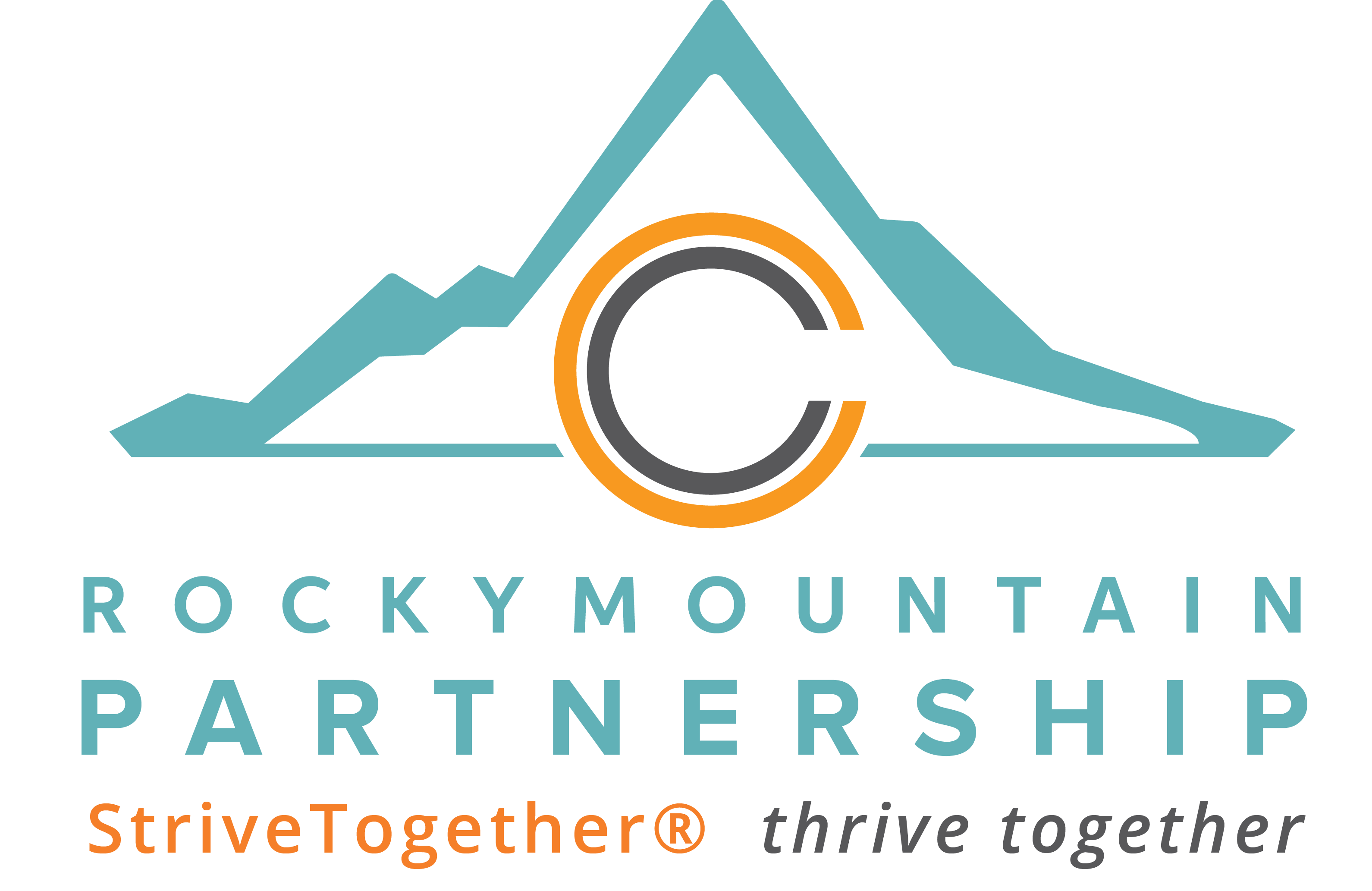Achieving Economic and Social Mobility through Collective Impact in the Wake of COVID-19
Several leaders within the Rocky Mountain Partnership participated in a luncheon keynote panel to highlight how they work collectively to improve regional economic and social mobility at the Local Government Hispanic Network Biennial Conference on September 9, 2021.

These RMP panelists spoke directly to over 100 county and municipal government representatives from across the nation on how local government can work alongside other sectors to improve community conditions, and how community members can be engaged in and drive these efforts alongside them.

The panel discussion also featured an original slam poetry piece by Bianca Mikahn.
A recording of this panel discussion will be available and shared out soon – contact Jody Nowicki at JodyNowicki@RMPBackbone.org to learn more.
The Panelists

The panel was moderated by Jim Siedlecki, Deputy County Manager for Adams County Government and RMP Basic Needs Co-Champion (left), and featured the following RMP leaders (from left to right):
- Ryan McCoy, Executive Director for the Front Range Community College Foundation, President of the Westminster Public Schools Board of Education, and RMP Policy and Advocacy Co-Champion
- Peter LiFari, Executive Director of Maiker Housing Partners, RMP Steering Committee Co-Chair, and RMP Basic Needs Co-Champion, and RMP Building Community Power Co-Champion
- Dr. Tricia Johnson, Vice President for the Westminster Campus of Front Range Community College, RMP Education and Training Co-Champion, and RMP Credential Attainment Collaborative Action Network Co-Chair
- Isabel Rodriguez Favela, Community Engagement Associate for the RMP Backbone Team and RMP Community Weaver
- Christina Amaparan, Youth Violence Prevention Program Manager for the City of Aurora
- Dr. Chris Fiedler, Superintendent of 27J Schools, RMP Steering Committee Co-Chair, and RMP Education and Training Co-Champion
- Jennifer Hoffman, City & County Manager for the City & County of Broomfield and RMP Steering Committee Co-Chair
The Dialogue
The panel discussed the following topics as they relate to how the network works collectively to improve regional economic and social mobility:
- The Importance of this Work
- What Economic and Social Mobility Means
- Diversity, Equity, and Inclusion
- How This Interacts with COVID-19 Response and Recovery
- Collaboration v. Collective Impact
- Data Accountability
- Building Community Power
- Policy
- How One Local Government Partner Is Using This Proven Approach to Move Things In Their City
Key Takeaways from the Panelists
The panel discussion highlighted several key points listeners should take away when thinking about how they can use a collective impact model to improve community conditions:
- It’s the responsibility of leaders across all sectors to work together to impact regional economic and social mobility.
- Collective impact is a fundamental shift in the way of approaching the work; you’re either in or you’re not.
- Economic and social mobility is ultimately about ensuring all community members have the opportunity to support themselves and their families; it’s not complicated.
- This collective work is the ultimate Diversity, Equity, and Inclusion effort because it’s about eliminating systemic equity gaps.
- Community members with lived experience / most impacted by existing systems have to be kept at the center of this work, and it’s the network’s job to ensure it is eliminating barriers standing in their way to achieve economic and social mobility.
- Collaboration is how entities are used to working together, but collective impact takes that to the next level by recognizing the interconnectivity of who’s at the table in order to work together to achieve shared, measurable targets that will yield the greatest impact on the community.
- A collective data infrastructure is critical to supporting the network to measure progress and hold itself accountable to improving economic and social mobility.
- It’s not enough to just hear what community members have to say; it’s also important to have them at the table co-developing solutions alongside leaders with formal decision making authority.
- The network follows an evidence-based framework that is supported by a neutral infrastructure, known as the Backbone Team, that helps partners come together as a collective working towards the same thing.
- Policy work is a critical component of improving existing systems, however, you have to ensure the right folks are at the right tables in order to accelerate progress.
- This framework is not jut something applicable at the collective level; it can also be used within individual organization to improve community conditions.
Join the Conversation on Social Media
You can view live tweets with key insights from the panel discussion on the Rocky Mountain Partnership’s twitter page. Join the ongoing conversation using the hashtags #LGHN21 and #RMP.
